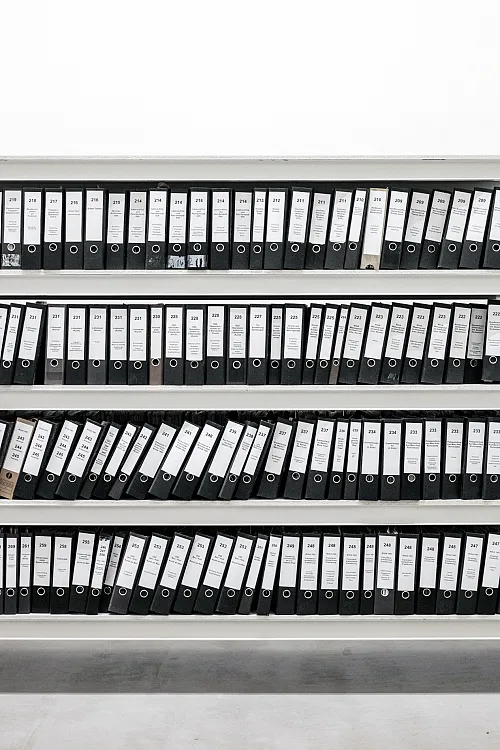Portugal implemented the CELE Legal Framework to integrate the international aviation sector into European emissions trading, aligning itself with the European Green Deal and the CORSIA system. Regulated by Decree-Law 98/2024, this regime applies to aircraft operators with a licence issued by ANAC or whose emissions are attributable to Portugal, covering commercial and private flights, excluding activities such as military flights. It introduces new features such as free licences for sustainable fuels until 2030, new rules for monitoring and verifying emissions, and stricter enforcement with penalties for non-compliance. Operators must adjust operations, adopt sustainable fuels and implement monitoring systems to ensure compliance.
I. Background
Portugal has implemented a new legal framework for the european emission allowance trading scheme for the international aviation sector (CELE Legal Framework), which aims to strengthen the commitments under the European Green Deal, particularly through the integration of the aviation sector into the Carbon Offsetting and Reduction Scheme for International Aviation (CORSIA).
The new framework, introduced by Decree-Law no. 98/2024, of 29 November, introduces significant changes that affect operators and other stakeholders in the aviation sector.
II. Scope
The CELE Legal Framework applies to aircraft operators conducting specific aviation activities, including commercial and private flights that generate greenhouse gases (GHGs) emissions.
It should be noted that the CELE Legal Framework, specifically, covers aircraft operators who:
- Hold a valid operating allowance issued by ANAC (Portuguese National Civil Aviation Authority), regardless of whether they are listed as operators assigned to Portugal as the responsible Member State; or
- Do not hold a valid operating allowance or hold an operating allowance issued by third countries whose emissions are attributable to Portugal.
It is, therefore, applicable, for example, to flights arriving at or departing from airports located in Portugal. However, certain activities, such as specific military or humanitarian flights are excluded from its scope.
III. Key Aspects
In alignment with the environmental commitments underpinning the CELE Legal Framework, the following key aspects have been introduced:
a) New emmission allowance scheme
- Until December, 31, 2030, commercial aircraft operators using sustainable aviation fuels (SAFs) or other non-fossil derived fuels may apply for free emissions allowances;
- The allocation of free emissions allowances will: (i) be proportional to the operators’ share of reported emissions for the year 2023; (ii) be granted by APA, I.P. (Portuguese Environment Agency), by June 30 of each year; and (iii) from January 1, 2026, the total amount of emissions allowances will be auctioned;
- Operators who are allocated surplus free allowances must notify APA, I.P., to arrange for the return of the excess allowances. Failure to comply with this requirement may result in penalties;
- Emissions allowances can be transferred: (i) between individuals or legal entities within the European Union (EU); (ii) between individuals or legal entities within the EU and those in third countries with which the EU has established mutual recognition agreements for emissions allowances.
b) New rules on emissions monitoring and verification
Regarding emissions monitoring plans, aircraft operators are required to:
- Submit the emissions monitoring plans to ANAC in advance (using a specific form to be provided) and implement them only after approval;
- Regular review the monitoring plans to ensure they reflect the nature and operation of their activities and identify any areas for methodological improvement;
- Monitor and report their emissions in accordance with the methodologies outlined in the approved monitoring plans;
- Submit emissions reports to accredited verifiers who comply with the requirements and conditions for verification activities. These reports may also be subject to review by APA, I.P., by March 31, of each calendar year;
- If emissions reports are not submitted by March 31, of each calendar year APA, I.P., will estimate the emissions for the aircraft operator.
c) New rules on oversight, penalties and infractions
- Oversight of compliance with the new CELE framework is the responsibility of the General Inspection of Agriculture, Sea, Environment and Spatial Planning (IGAMAOT);
- Aircraft operators who fail to return the required allowances corresponding to their actual or estimated emissions by September 30 of each calendar year will incur a penalty of EUR 100 per ton of CO2 equivalent emissions for which allowances were not returned, with the penalty value updated based on the European Consumer Price Index;
- Additional environmental infractions have been introduced, including failure to comply with monitoring obligations or failure to submit required reports;
- Non-compliant aircraft operators may be prohibited from operating within the EU, through an order issued by the government official responsible for civil aviation, environmental matters, and climate actions.
IV. Next steps
To ensure compliance with the new CELE Legal Framework, operators should:
- Identify covered operations: review their portfolio of operations to determine which activities are subject to the new rules;
- Implement monitoring systems: updated processes to ensure accurate and compliant reporting;
- Adopt SAFs (Sustainable Aviation Fuels): take advantage of available incentives to reduce their carbon footprint and lower costs associated with allowances and emissions.



